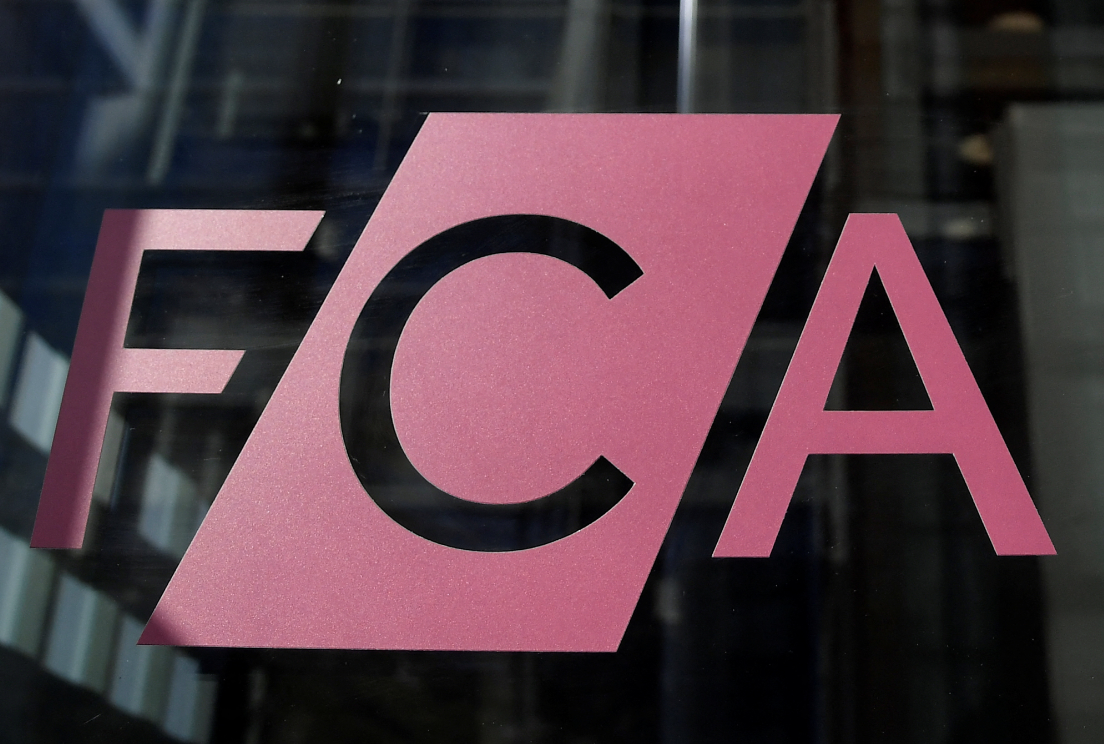Leveraged finance companies are improving ESG reporting

|
Listen to this story:
|
- Gaps and inconsistencies mean investors may struggle to meet EU regulations.
9fin, the leading platform for intelligence on the leveraged finance markets, has released its analysis of the state of ESG reporting revealing differences across countries, private and public companies and large gaps in standardised data relating to social factors.
Key findings show:
- Gender pay gap and board ethnic diversity are the least reported ESG metrics: Just 10% of LevFin companies report on these factors
- Private companies lag on ESG disclosure: Companies report on average just 41% of standardised metrics as part of 9fin’s ESG Company Data
- Disclosure rate and emissions performance are not correlated with debt burden, despite the theory that a higher debt burden will negatively affect ESG performance
- Between 2020 and 2021, total scope 1 emissions across our sample decreased by 4%. Likewise, on average, emissions intensity decreased by 4%. This finding is at odds with the IEA, which found global CO2 emissions rose 6% between 2020 and 2020
- We can not be confident that high yield companies are actually reducing emissions. 9fin has found instances where companies are incorrectly recording/re-calculating YoY emissions
- Nordic companies disclose almost twice as much data than laggard nations. Of the 11 possible data points, Swedish companies lead, reporting an average of 6.15. Followed by Norway (5.4), Greece (5.1), Belgium (5.1) and the UK (5). In contrast, the laggards in Spain, France and Ireland reported just 3.8, 3.6 and 3.5 standardised metrics respectively.
The analysis also looked at whether ESG disclosures are guiding asset allocation. 9fin analysed 430 ESG funds containing HY names to see if the top holdings’ names performed well in terms of sustainability.
In general the top holdings:
- demonstrate higher than average disclosure;
- are likely to have issued sustainability-linked debt; and
- have validated SBTi targets.
However, a number of companies have been flagged in 9fin’s proprietary analysis as ESG laggards. Examples include companies which have recent and material UNGC/OECD violations, a common but not always upheld requirement of many ESG funds.
9fin offers 14 standardised metrics as part of its ESG Company Data offering which enables clients to comply with the Sustainable Financial Disclosure Regulation’s (SFDR) Principle Adverse Impact (PAI). With 4.5 standardised points disclosed on average per company out of a possible 11 (excluding 3 SBTi data points), EU fund managers will struggle to report against these metrics.
“Although we are seeing an improvement in ESG reporting within LevFin, our analysis shows some major gaps and inconsistencies. You have to question whether investors can consistently rely on this data to inform investment decisions, and meet EU regulatory requirements,” said Jack David, Head of ESG, 9fin.
Source: 9fin










